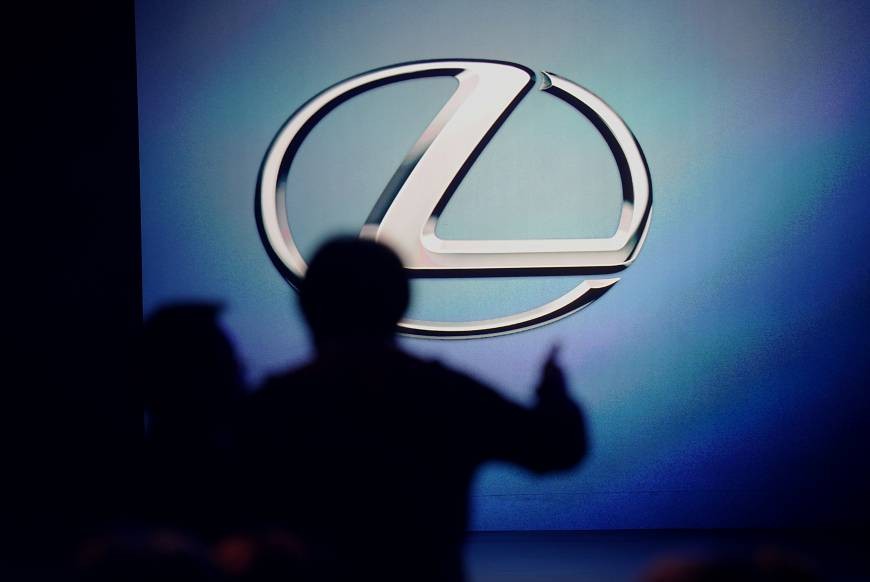Emerging market new issue concessions come under spotlight
Post on: 15 Июль, 2015 No Comment

Analysis & Opinion
NEW YORK, July 26 (IFR) — Emerging markets syndicate officials are taking no chances with new deals by starting with huge concessions even for the better-rated issuers in the asset class.
Last week saw deals by several borrowers, including investment-grade Korea Gas and Bahrain, put out healthy initial levels, before the leads tightened price levels on the back of strong order books to place successful transactions.
Ever since the new issue market reopened in early July after the big sell-off, issuers have had to pay to entice investors. The premium of at least 50bp on Indonesia’s US$1bn bond in mid-July was the most striking example.
Those that pushed investors’ tolerance, such as America Movil in the sterling market or Korea Finance Corporation in euros, either saw their deal reduced in size or held back over the past couple of weeks.
Investors are asking for significant premia, said one debt capital markets banker in London. On [a recent] roadshow, investors were suggesting a 50bp-60bp new-issue premium.
The banker added that investors need to cover themselves against rates rises.
How long does a 50bp premium cover against rising rates? Probably six months. So that’s fair.
Korea Gas, rated A1/A+/AA-, started with a 40bp new-issue premium, while Bahrain, rated BBB/BBB, began with a 50bp-67bp concession.
Both, though, were overshadowed by AngloGold Ashanti. which began pricing for its seven-year non-call three bond with arguably a 100bp concession. Initial price thoughts of 8.50-8.75% contrasted with a mid-7s level for the outstanding 5.375% 2020 notes.
The South African miner, which has been weighed down by rising costs, labour disputes and falling commodity prices, was recently downgraded by both Moody’s and Standard & Poor’s.
S&P’s move was particularly damaging as the downgrade saw the rating fall into junk territory, at BB+. Moody’s could follow suit at a later date, as the outlook on its Baa3 is negative.
With AngloGold needing to raise funds to help refinance a convertible bond due next May, the issuer had to offer attractive terms to entice investors.
It’s coming fairly cheap — we need to accept that, said a banker close to the deal, when it was announced.
But despite the usual gripes that all these deals started at crazy levels, as one banker described the AngloGold guidance, syndicate officials said the key point was that they got done and often with the final pricing at much tighter levels. Korea Gas printed with an 18bp concession while Bahrain tightened its pricing by 30bp.
AngloGold was unable to compress its concession but the company did at least raise US$1.25bn, which was much more than its original target of US$750m-$1bn, at 8.50%, the tight end of its initial price range.
The chief executive of the company could either kick the can [of refinancing the convertible] down the road and hope the gold price rises significantly, the market improves and the outlook for South Africa gets much better — and that’s a lot of things to be hoping for — or take the risk off the table, said one banker close to the deal.
VOLATILITY RISK
Even Gazprom, arguably the best CEEMEA issuer, started with a 50bp premium with a five-year euro deal that was tightened by 40bp during the execution process in the previous week, after the order book peaked at more than 5.5bn euros.
But while the more conservative execution process may make sense given the more sober market, traders warn that overly-generous initial price levels can cause damage to an issuer’s secondary curve.
Bottom line it created huge volatility in secondary bonds and remains the biggest risk for EM at present, said one trader regarding Gazprom’s guidance.
But one banker not involved in the deal had sympathy for the leads.
Harry Hindsight is the best syndicate manager in the world.

(This story will be published in the July 27 issue of International Financing Review, a Thomson Reuters publication)
For other related fixed-income quotations, stories and guides to Reuters pages, please double click on the symbol:
U.S. corporate bond price quotations.
U.S. credit default swap column.
U.S. credit default swap news.
European corporate bond market report..
European corporate bond market report..
Credit default swap guide.
Fixed income guide.
U.S. swap spreads report.
U.S. Treasury market report.














